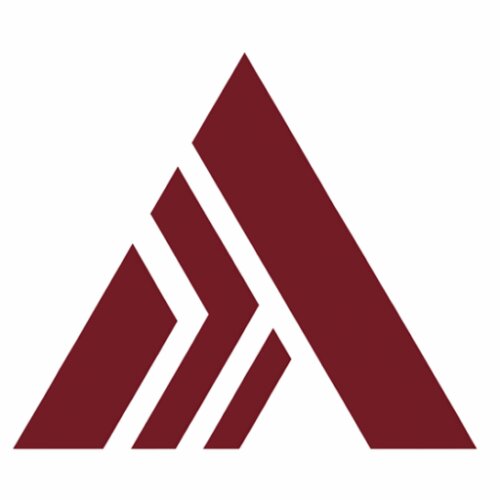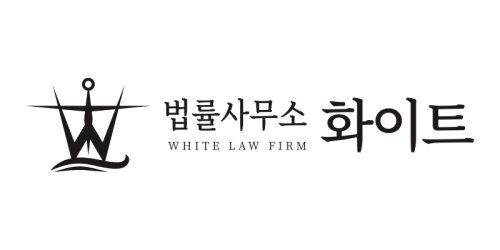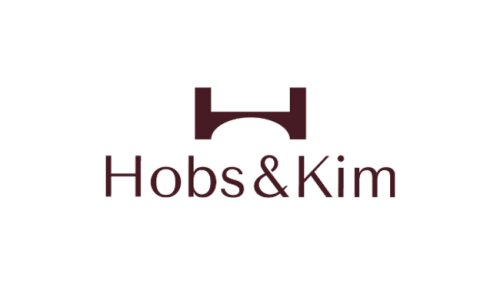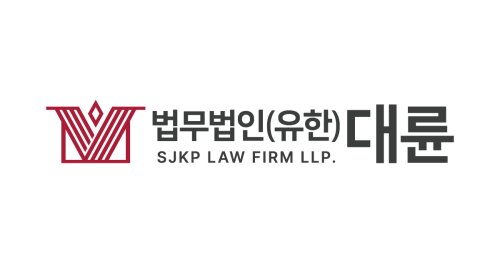Best Commercial Litigation Lawyers in Seoul
Share your needs with us, get contacted by law firms.
Free. Takes 2 min.
List of the best lawyers in Seoul, South Korea
About Commercial Litigation Law in Seoul, South Korea
Commercial litigation in Seoul, South Korea refers to the legal processes involved in resolving disputes between businesses or between a business and an individual in a commercial context. Seoul, as the capital and financial hub of South Korea, is home to many national and international businesses. Disputes often arise concerning contracts, intellectual property, partnerships, construction projects, sales of goods, corporate governance, and more. The South Korean legal system provides a formal court process, as well as alternative dispute resolution methods, for handling such disputes. Most commercial disputes are dealt with in the civil courts, particularly at the Seoul Central District Court, which has specialized panels for dealing with commercial matters.
Why You May Need a Lawyer
There are many reasons why you may require the assistance of a lawyer in commercial litigation in Seoul, South Korea. Some common situations include:
- You are involved in a dispute over a business contract or partnership agreement
- Your business is facing claims of breach of contract or seeking to enforce a contract
- You are experiencing shareholder or corporate governance issues
- Your company is accused of unfair trade practices, fraud, or misrepresentation
- You need to protect intellectual property rights or respond to infringement claims
- You are dealing with disputes related to real estate, construction, or leasing agreements
- You are seeking to recover debts or damages from another party
- You need assistance with injunctions or enforcement of court judgments
A qualified commercial litigation lawyer can help you navigate complex legal procedures, provide strategic advice, represent your interests in negotiations, mediation, arbitration, or court, and help minimize risks or damages.
Local Laws Overview
The South Korean legal system governing commercial litigation is largely codified, with several key statutes and regulations. Some important aspects include:
- Civil Procedure: Commercial disputes are handled through the civil courts following procedures set out in the Civil Procedure Act. This law sets time limits, submission requirements, and steps for discovery and hearings.
- Contract Law: The Korean Civil Act contains detailed provisions on contracts, including formation, performance, breach, and remedies.
- Commercial Act: This act provides specific rules for business entities, corporate governance, and various types of transactions.
- Intellectual Property Law: Specialized rules apply to IP disputes, with dedicated courts like the Patent Court handling appeals on these matters.
- Arbitration and Mediation: The Arbitration Act and the Framework Act on Mediation provide options for resolving disputes outside of court, which can be faster and less formal.
- International Aspects: The Korean Act on Private International Law governs cases involving foreign entities or cross-border disputes.
Business disputes in Seoul often proceed through a combination of negotiation, alternative dispute resolution (ADR), and litigation. South Korean courts are known for their efficiency and use of technology but proceedings may be entirely in Korean, making legal representation essential for foreign parties.
Frequently Asked Questions
What is commercial litigation?
Commercial litigation involves legal disputes between businesses or related to commercial issues, such as contracts, business torts, or regulatory compliance.
Do I need to go to court for every commercial dispute?
No, many disputes can be resolved through negotiation, mediation, or arbitration before or instead of going to court.
How long does commercial litigation take in Seoul?
The length varies depending on the complexity of the case. Some cases may be resolved in a few months, while others can take over a year, especially if appeals are involved.
Are court proceedings conducted in Korean?
Yes, court procedures and documentation are typically in Korean. Foreign parties are advised to work with a bilingual lawyer or law firm.
What costs are involved in commercial litigation?
Costs may include court filing fees, attorney fees, expert witness fees, and costs for gathering evidence. In some cases, the losing party may be ordered to pay certain costs.
Can foreign companies file lawsuits or be sued in Seoul?
Yes, foreign companies can initiate or be subject to litigation in South Korean courts if the dispute has a connection to South Korea.
How do I enforce a court judgment in South Korea?
Once a final judgment is issued, enforcement can be sought through the court system, which may include seizing assets or compelling payment.
Can I appeal a court decision?
Most commercial litigation decisions can be appealed to a higher court within strict timeframes set by law.
What if my dispute involves intellectual property?
There are specialized procedures and courts for IP disputes. A lawyer with IP expertise can help ensure proper handling of your case.
How can I protect my business interests during litigation?
Engage legal counsel early, preserve relevant documents, follow all legal procedures, and consider all settlement options. An experienced lawyer will help safeguard your rights and business reputation.
Additional Resources
For those seeking further information or assistance with commercial litigation in Seoul, the following organizations and resources may be helpful:
- Seoul Central District Court - Commercial Division
- Korea Bar Association
- Korea Commercial Arbitration Board
- Korean Intellectual Property Office
- Ministry of Justice, Republic of Korea
- Seoul Global Center (for foreign businesses and residents)
These organizations can provide information, referrals, and in some cases, initial legal guidance or language support.
Next Steps
If you are facing or anticipating a commercial dispute in Seoul, South Korea, consider taking the following steps:
- Document all relevant facts, contracts, and communications related to the dispute
- Consult with an experienced commercial litigation lawyer in Seoul as early as possible
- Assess the potential risks, costs, and benefits of litigation versus negotiation or arbitration
- Be mindful of procedural deadlines or requirements under Korean law
- Consider language and cultural differences if dealing with Korean counterparties
- Stay informed and proactive throughout the dispute resolution process
Retaining a professional legal representative familiar with the local commercial and legal environment is often the best way to protect your business interests and achieve a favorable outcome.
Lawzana helps you find the best lawyers and law firms in Seoul through a curated and pre-screened list of qualified legal professionals. Our platform offers rankings and detailed profiles of attorneys and law firms, allowing you to compare based on practice areas, including Commercial Litigation, experience, and client feedback.
Each profile includes a description of the firm's areas of practice, client reviews, team members and partners, year of establishment, spoken languages, office locations, contact information, social media presence, and any published articles or resources. Most firms on our platform speak English and are experienced in both local and international legal matters.
Get a quote from top-rated law firms in Seoul, South Korea — quickly, securely, and without unnecessary hassle.
Disclaimer:
The information provided on this page is for general informational purposes only and does not constitute legal advice. While we strive to ensure the accuracy and relevance of the content, legal information may change over time, and interpretations of the law can vary. You should always consult with a qualified legal professional for advice specific to your situation.
We disclaim all liability for actions taken or not taken based on the content of this page. If you believe any information is incorrect or outdated, please contact us, and we will review and update it where appropriate.















